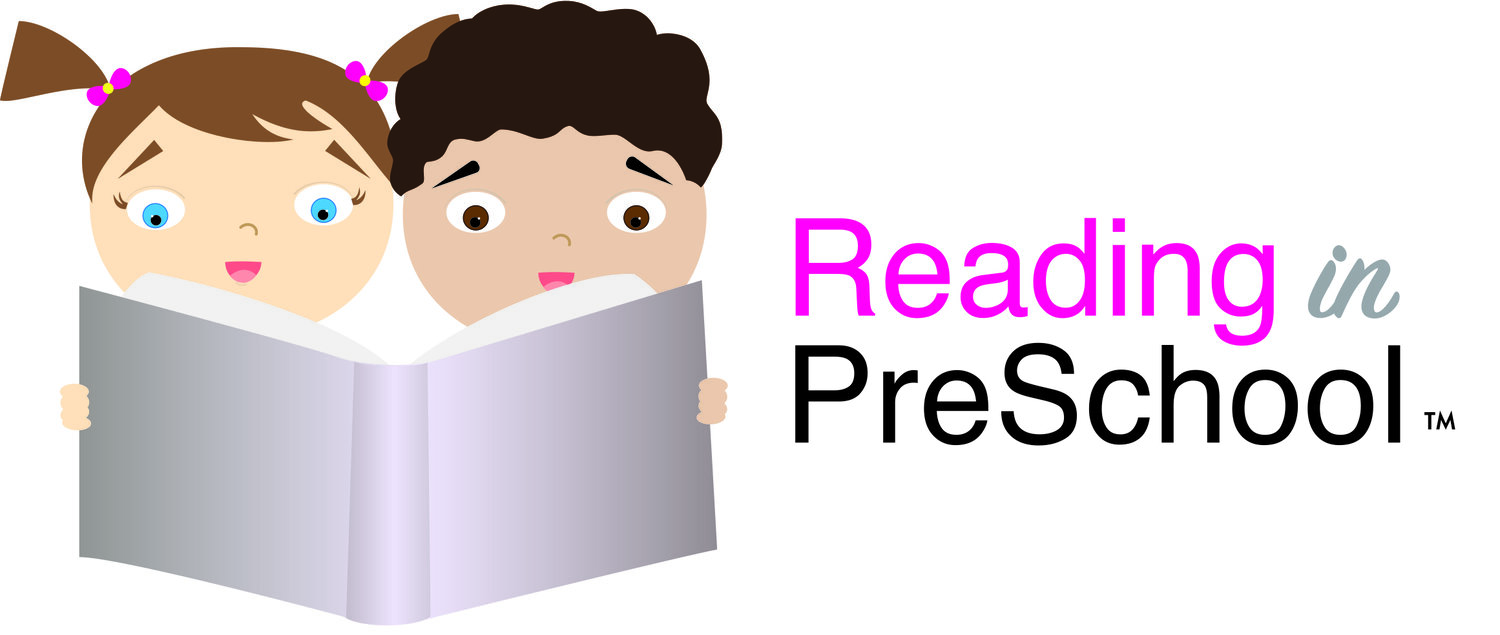Answers to typical questions from parents:
What are the benefits from reading young at a young age? Will your program interfere with, or support your children's curriculum at school? Will being the best reader in the classroom be destructive or constructive in the long run?
-PRESCHOOL/KINDERGARTEN LEVEL:
When your child is in kindergarten or preschool, they're not being taught to read. Yes, they'll sing the ABC songs, learn letters and hopefully learn their letter sounds, but besides that and a handful of sight words, this is not the age that your child will be taught to read.
-Reading In Preschool tutors begin teaching phonetic sounds to preschoolers as soon as they show an interest in books. From there, they are taught to phonetically sound out words, and master reading all 3 letter words on their own. During this period, a few age appropriate sight words that help them read sentences, are also taught: i.e.: I, have, are, you, me, he, be, to, go, and, etc. THIS IS ALL PLAY BASED with light flash cards given for homework. We know that young children respond best when taught with games.
*We also teach writing for both upper and lowercase letters.
-From there we go on to teaching words with consonant blends, all sight words taught through third grade, long vowels, and prefix/suffixes.
WHY START AT A YOUNG AGE? Why not? During the ages of 2 and 7, your child's learning capacity is higher than it will ever be. This is the time when you want to be teaching them languages, piano, chess and reading; all subjects that help their little brains grow stronger. Create a solid foundation that will help their intellect and mental processes for years to come. Expose your children to different things. Then they will show you what they're interested in learning. If your child is asking to learn to read before the regular school age for reading, they are more than ready to learn.
There are so many children in first and 2nd grade who are fall behind. This is because they weren't taught the basics; they're mostly taught sight words. They are not given the amount of time they need to learn to decode words. They're thrown a handful of new words per week which are mostly sight words. Starting to read before first grade, gives them time to learn to read well, and to also go at their own pace.
DOES READING IN PRESCHOOL'S CURRICULUM INTERFERE WITH SCHOOLS’ READING CURRICULUMS:
-Absolutely not. Think about this...your child walks into his first grade classroom, and when he's tested and put into his reading group, he's sitting at the table where the best readers sit. What do you think this does for his confidence level? By already having a leg up with knowing how to read, it gives a chance to focus on other topics that he might need help with. ie: math, writing, etc.
-Now, imagine that you haven't been taught to read. You're placed in the lowest reading group and have to keep up with 5 other children. You're given a handful of words to learn to read and write every week and can't keep up. This is a recipe for discouragement. Children already compare themselves and feel low or high self esteem at a very young age.
IF MY CHILD IS READING BETTER THAN EVERYONE IN HIS CLASSROOM, WILL HE GET BORED OF READING?
-The only times I've seen children get bored and resistant to reading after being taught at this young age, is when the parents themselves have shown frustration when the child "didn't read the word correctly." These children will grow up acting out on with that same frustration. They'll end up showing resistance towards learning, which is the last thing you want. If you want your children to love reading, you have to be supportive and patient with the learning process. They will learn at their own pace. And if your children are reading better than the other children in the classroom, it's now your responsibility to continue challenging them with more advanced books because the teachers usually won't. Stay involved.
ALWAYS PRAISE YOUR CHILDREN. NOT JUST WHEN THEY WIN, BUT ESPECIALLY WHEN THEY MAKE AN EFFORT!
